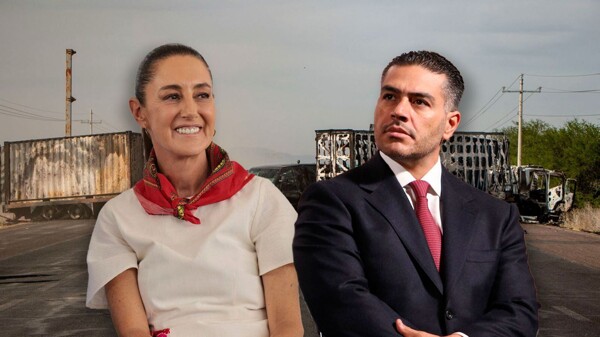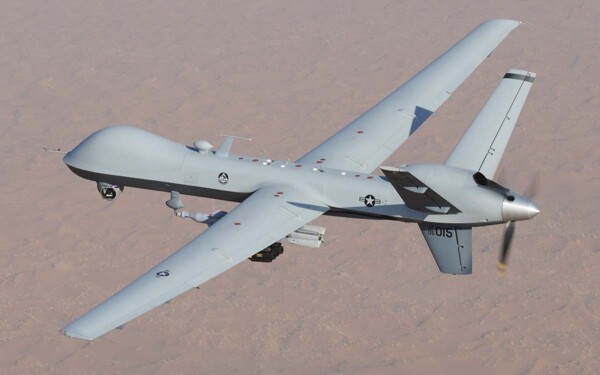
Cartel operatives revealed that they are acquiring advanced equipment to detect drones from the U.S. government, deployed in Mexico since the administrations of Barack Obama and Joe Biden. Recent reports indicate an increase in the actions of Mexican authorities against organized crime, with significant fentanyl seizures in the last five months, matching the confiscations of the entire previous year.
In the state of Sinaloa alone, nearly 900 arrests have been made since October, leading cartel members to experience unusual pressure from law enforcement, which they had not felt in a long time, according to Jaime López, a security analyst. Despite these efforts, experts warn that the decrease in fentanyl production in Culiacán does not guarantee a reduction in the flow of this drug to the north, as the cartel could shift its operations to other areas.
Some cartel members suggest that the lack of decisive actions from the Mexican government over the years is due to bribes to public officials, insinuating that they could ensure their survival through payments to key individuals. Meanwhile, international pressure on Mexico to stop fentanyl trafficking and migration has led to an increase in measures against organized crime in the country.
In response to threats of retaliation from the administration of Donald Trump, Mexican authorities have intensified their efforts against the cartels, generating a climate of fear among members of the Sinaloa Cartel. The closure of fentanyl laboratories, the suspension of operations, and the dismissal of personnel within the cartel are highlighted, as profits derived from this drug have decreased considerably.
Despite these challenges, a 'fentanyl cook' interviewed acknowledged the efforts of the Mexican government to curb the production of the drug, marking a turning point in the fight against organized crime in the country.













